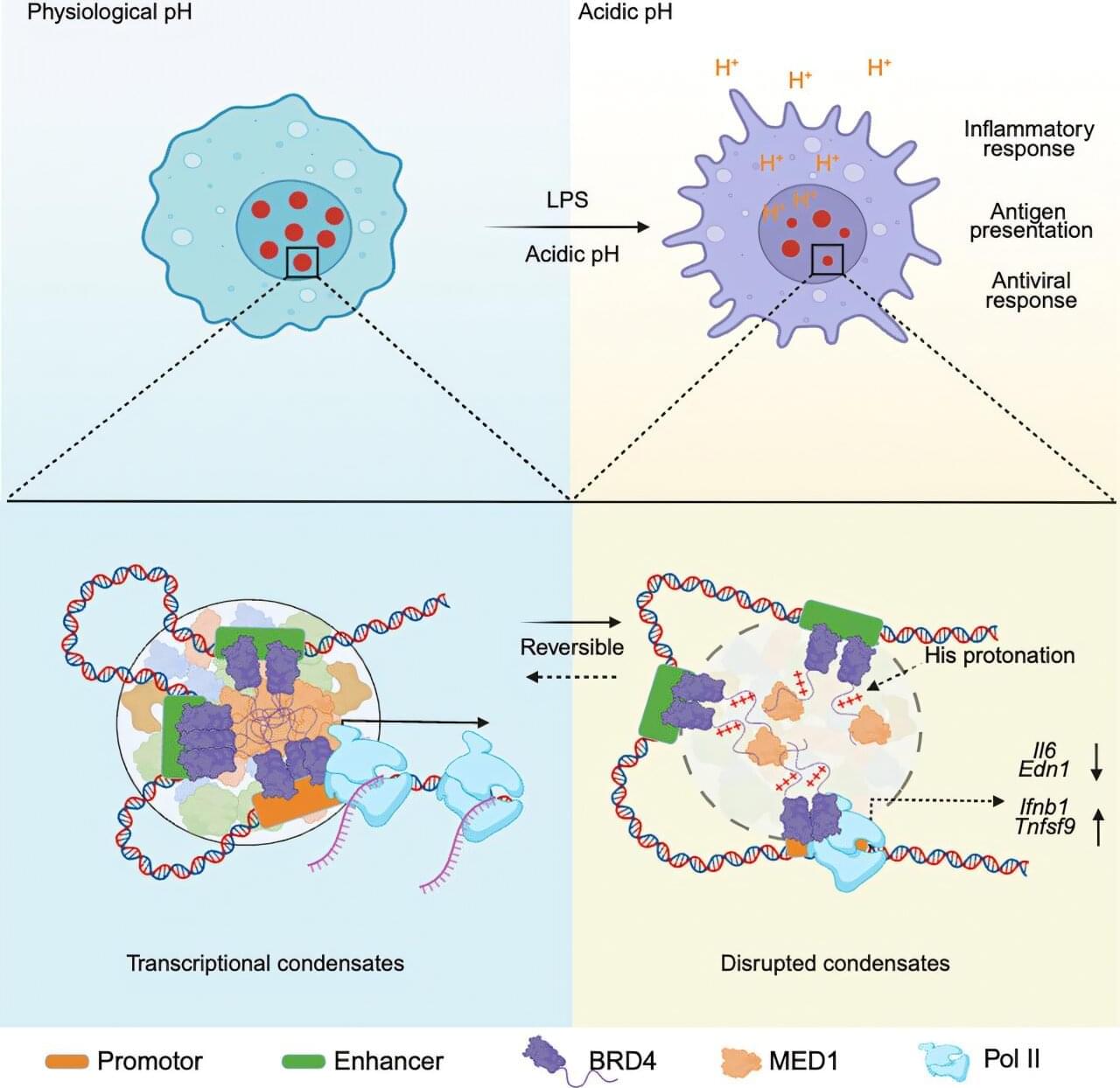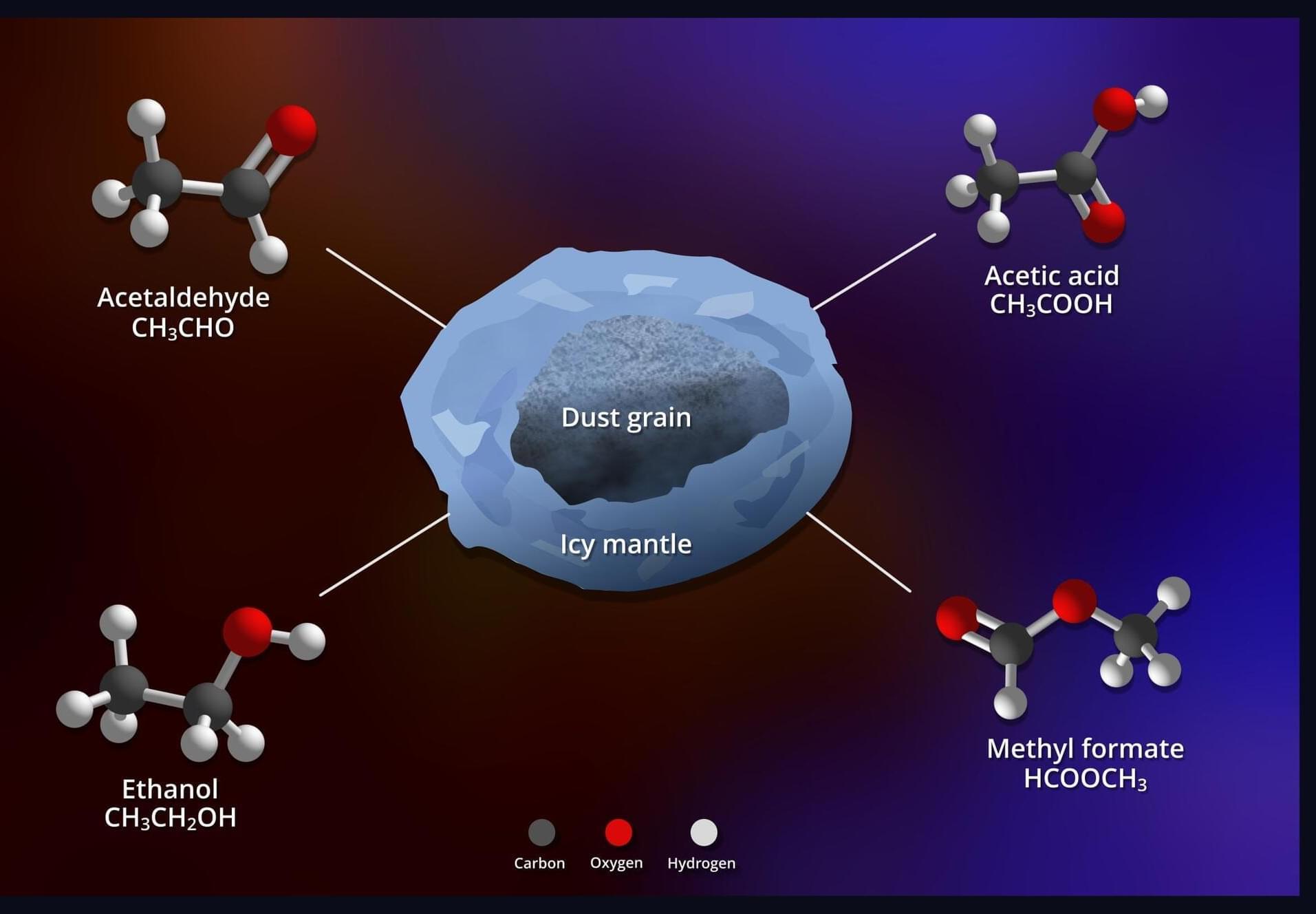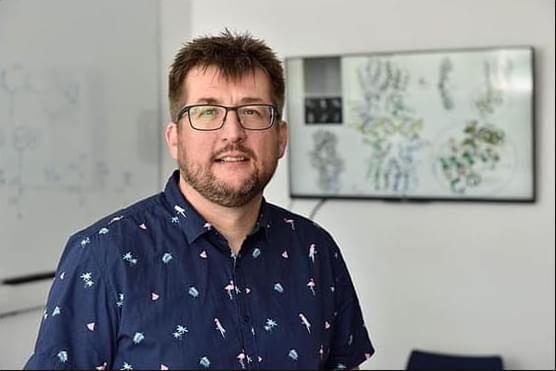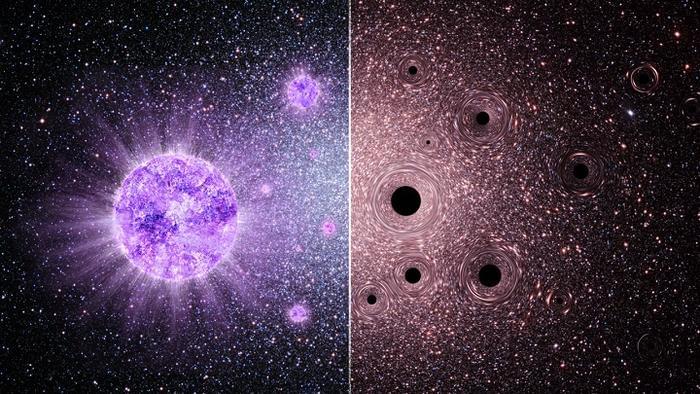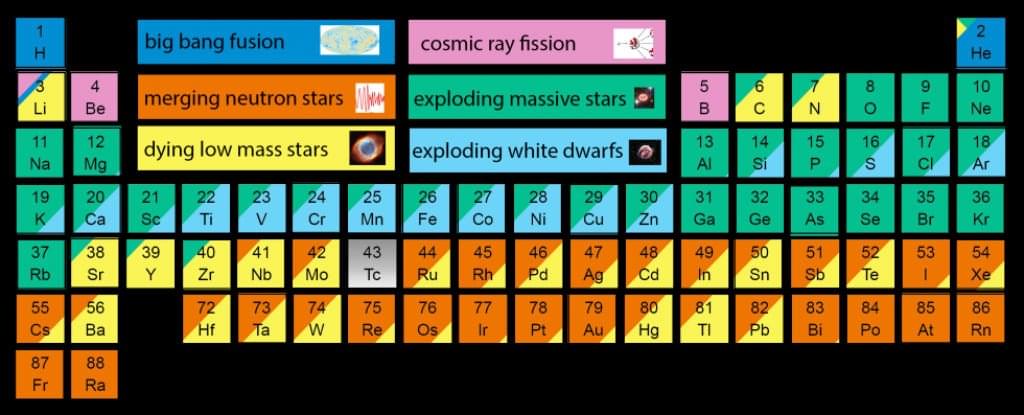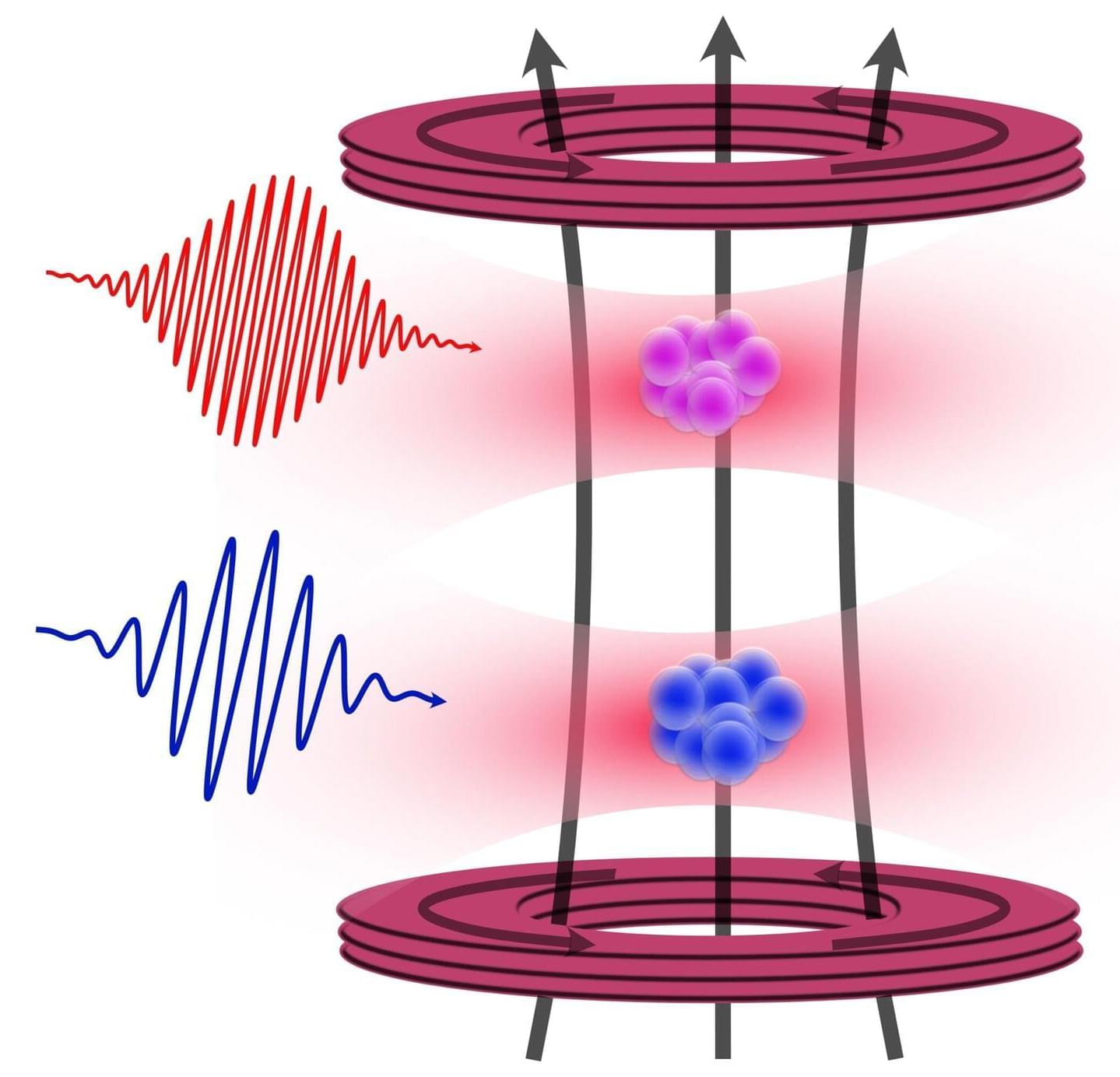It started with wine. Or more precisely, a conversation about it. “My colleagues and I were talking about how some people think drinking wine may be anti-inflammatory,” recalls Xu Zhou, Ph.D., from the Division of Gastroenterology, Hepatology, and Nutrition at Boston Children’s Hospital. “There’s no scientific ground for that, but we know wine is acidic.”
Around the same time, Zhou and his team were exploring a broader blind spot in immunology: the role of the tissue microenvironment (such as pH, oxygen, and salt concentration) in shaping immune function. While most research had focused on cellular messengers like cytokines, Zhou was curious about how the physical and chemical makeup of tissues might influence immune cells, especially in disease.
Inspired by their wine conversation and intrigued by these overlooked components, Zhou’s team launched a study to investigate how acidity affects immune cells. Their findings, published in Cell, show that a drop in pH can suppress immune responses by disrupting a protein called BRD4—an important regulator of gene activity in immune cells. That small chemical shift could have big implications for treating inflammation-related diseases.
